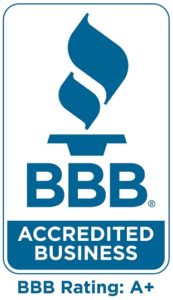You know that you want spray foam insulation, but now you need to decide if you want closed or open-cell spray foam. Both have wonderful benefits but also some disadvantages in certain scenarios. To help you decide which one is best for you, we are going to discuss them both below.


- Closed-cell spray foam – Closed-cell spray foam is dense and inflexible, which is perfect for exposed walls of shops and barns that may get bumped with tools and machinery. A chemical spraying agent is used to spray the insulation in to place. This chemical can sometimes leave a temporary odor. Closed-cell spray foam is completely water-resistant. A two-inch thickness of closed-cell spray foam will create an air seal. When sprayed at the recommended thickness of two inches, it will have the same R value as open-cell.
- Open-cell spray foam – Open-cell spray foam is lightweight and flexible, which is a perfect option for projects that also need electrical wiring completed. Water is used to spray the insulation in to place. Open-cell spray foam is not 100% water impermeable. The level of permeability depends on which brand is used. Depending on the project and location of the insulation will determine how much permeability you will want. This type of spray foam is excellent for sound dampening. A three-inch thickness of open-cell spray foam will create an air-seal. When sprayed at the recommended thickness of three inches, it will have the same R value as closed-cell.
Your project type will ultimately determine which spray foam insulation you will pick. Both closed-cell and open-cell spray foam insulation has its uses and benefits. Here at ARC Insulation, we have over 23 years of experience in insulation. Let our years of experience help you determine which variety will be best for you.














